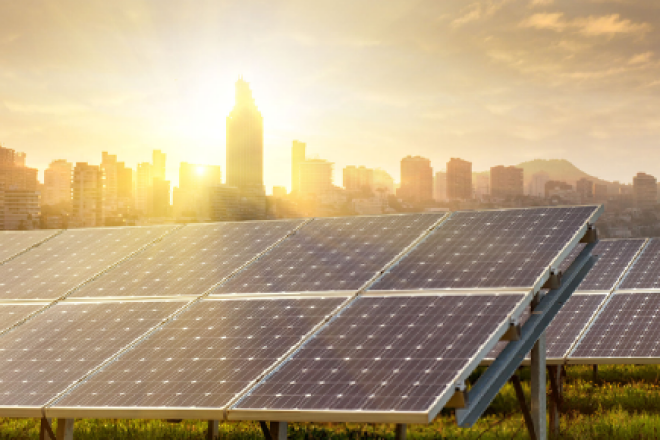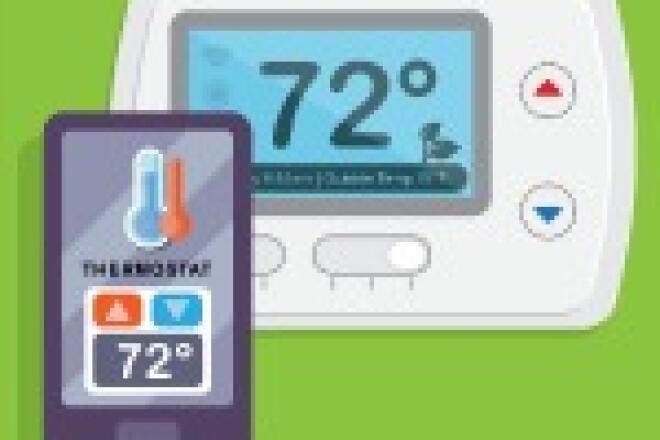
How the Smart Grid Keeps Your Power On
Even though most of us give little thought to whether the lights will turn on when we flip the switch, on any given day the equivalent of 500,000 people in the U.S. are without power for 2 hours or more. Studies have shown that power outages cost the U.S. economy around $80 billion annually. Impacts to homeowners can range from the inconvenience of losing air conditioning on a hot summer day to adverse health impacts in the case of people who rely on electricity for critical medical equipment.
Why does the power go out?
Most outages originate in the distribution grid — the equipment connecting your home to the neighborhood power substation (see graphic). The major cause of outages is due to severe weather like tornadoes, hurricanes, and other natural causes. Some outages are due to equipment failures.
How does the Smart Grid keep the power on?
Most of the traditional distribution grid is built using a "hub-and-spoke" pattern. The Smart Grid can connect the “spokes” to enable multiple distribution paths. When facing an issue like a tree falling on a line, a lightning strike, or a short circuit, Smart Grid technologies collectively called “distribution automation” can sense the problem and automatically reroute power around it. This can mean the difference between a lengthy outage and a momentary one where the only sign something is happening is that lights flicker.
Without a Smart Grid in place, the only way to do this is to send a service crew out to inspect the problem, which of course means that the outage will last at least until they are on-site.
The distribution grid and its role in the electric utility system:

Uh-oh, the power is off. How does the Smart Grid help me now?
Chances are, if you have a smart meter and your power goes out, your utility already knows. Many smart meters are able to detect that there is a problem and notify the utility just before power is lost. Before smart meters, the only way utilities knew that customers were without power was when they called. Now, many customers are finding service trucks showing up to restore power before they even call to report an outage!
In addition to letting the utility know of a problem, Smart Grid technology also helps the utility diagnose the problem before sending a service crew to ensure that the crew has the right equipment to fix the problem. Before the Smart Grid, one crew would have to go out, inspect the problem, and radio for another crew to bring the right materials and supplies. This remote diagnosis significantly reduces both the time and cost for restoring power.
Sometimes when power goes out — for example, during a storm with numerous trees down — there are multiple problems on the distribution grid. Before the Smart Grid, multiple outages like this could be difficult to diagnose. After fixing one problem, service crews would sometimes leave an area with multiple outages under the mistaken belief that power was back on for all customers, causing tremendous frustration for customers whose power was not restored.
Now, with smart meters in place, utility crews can “ping” meters within an outage area to make sure that power has been restored for all customers. This facilitates more effective diagnosis and restoration of multiple outages.

Smart Grid: Where Power is Going
We are the daily beneficiaries of the significant infrastructure engineering and investment in the 20th century that built our current power grid. As this infrastructure is becoming less reliable due to age and the demands we are placing on it, it has simultaneously become a critical necessity to our lives and economy. A Smart Grid enables the reliability we have come to expect for the future, integrating diverse generation and storage resources into a smart self-healing grid.
Download this fact sheet.
Watch the video.



